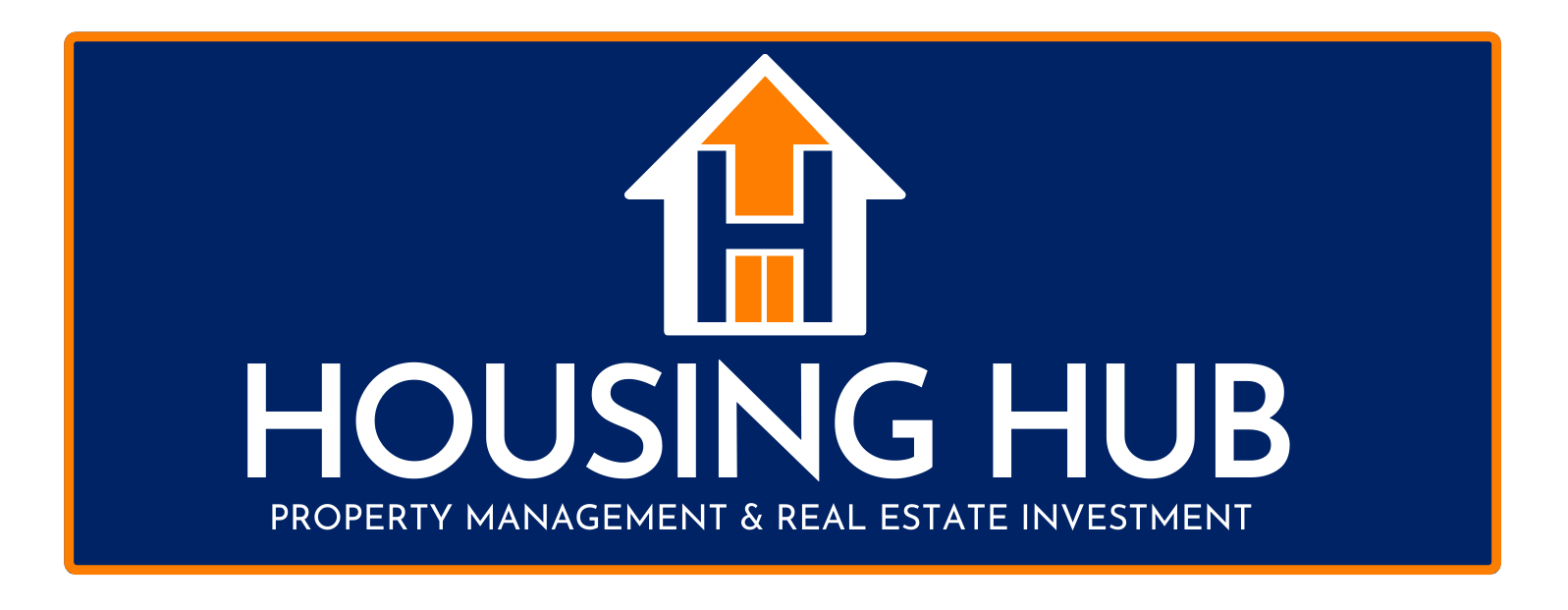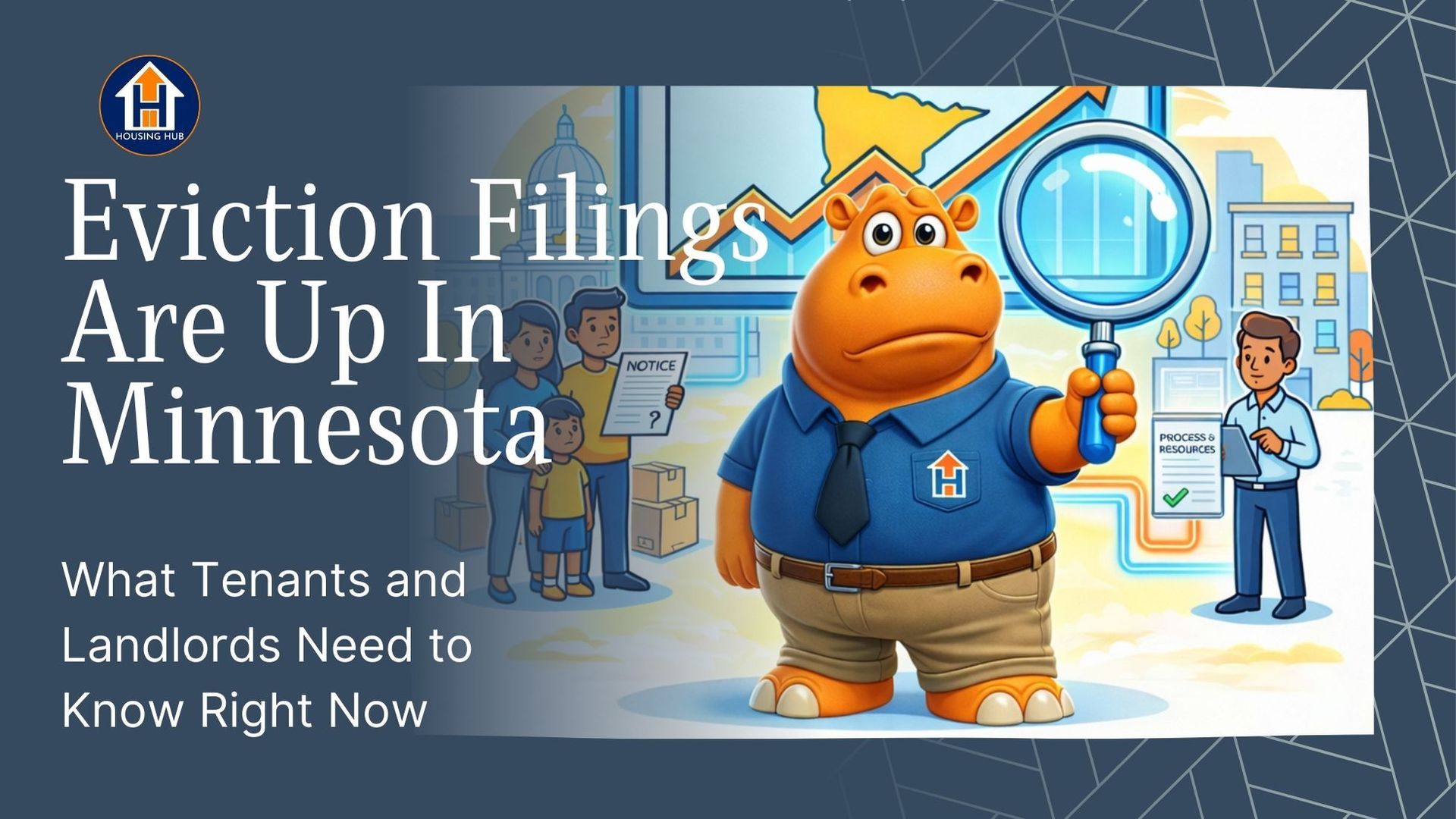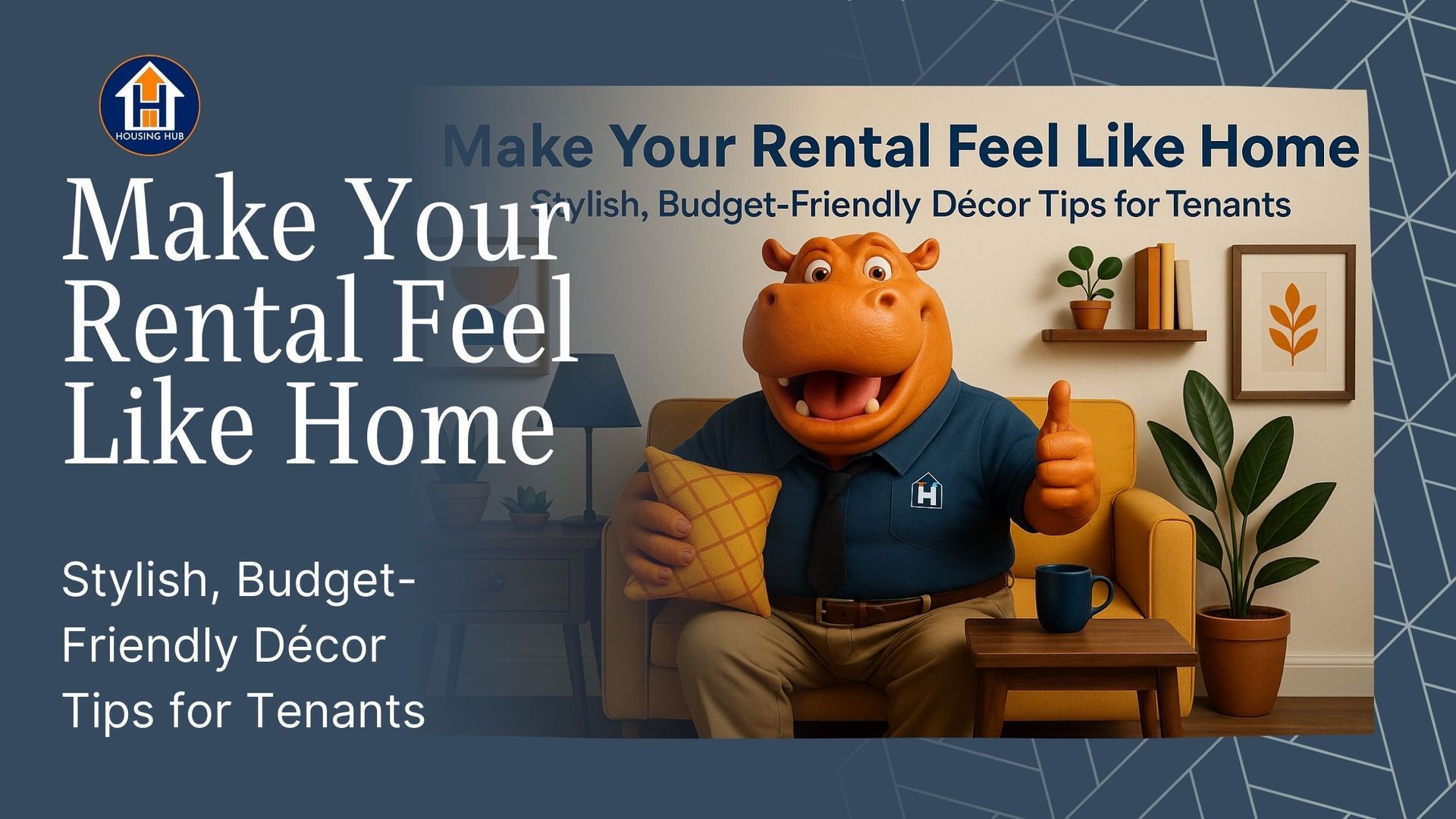Boosting Rental Income in 2024
Tenant retention is paramount to the long-term success and profitability of your rental property investments in the Twin Cities, especially given the competitive nature of the market. Happy and satisfied tenants are more likely to renew their leases, which translates to reduced vacancy rates, lower turnover costs, and ultimately, a more stable rental income. As a property owner in the Twin Cities area of Minneapolis and St. Paul, investing time and resources in tenant retention is not only a wise business strategy but also a crucial way to enhance the value of your rental properties.
In this article, we will explore how Housing Hub implements effective tenant retention strategies that can help you minimize vacancy rates, improve tenant satisfaction, and increase your rental income in 2024. By utilizing these valuable tenant retention strategies, you can foster a positive living environment that encourages long-term tenancy and minimizes turnover-related costs, ultimately boosting your rental income and enhancing the value of your property portfolio in the Twin Cities.
The Importance of Communication
Effective communication is a crucial aspect of tenant retention, as it helps build strong, lasting relationships between property owners and their tenants. Here are some way Housing Hub staff enhances communication skills:
- Be available and responsive: Ensure you can be reached easily by phone, email, or text and respond promptly to inquiries or concerns.
- Keep tenants informed: Regularly communicate important information about maintenance schedules, lease renewals, and updates on community events or local developments.
- Encourage feedback: Create an open-door policy that encourages tenants to provide feedback, voice their concerns, and suggest improvements.
By cultivating open, honest communication with tenants, you will be better equipped to address any issues that may arise and demonstrate your commitment to their satisfaction.
Prompt Maintenance and Repairs
Ensuring that maintenance and repairs are handled promptly is essential to tenant satisfaction and retention. You can demonstrate your commitment to maintaining a comfortable living environment by prioritizing these tasks. Housing Hub implements these best practices:
- Schedule regular property inspections: Periodic inspections allow you to spot potential issues before they become major problems, ensuring that your rental property remains in good condition.
- Address maintenance issues quickly: Respond promptly to maintenance requests and ideally address them within 24-48 hours, whenever possible.
- Invest in preventative measures: Implementing routine maintenance measures, such as pest control, gutter cleaning, or HVAC servicing, can help prevent larger problems down the line.
Prompt attention to maintenance and repairs will help reduce tenant complaints and demonstrate a proactive, attentive approach to property management.
Fair and Competitive Rental Rates
Housing Hub reviews and adjusts your rental rates to match the Twin Cities rental market trends, which is vital to keeping your properties competitive and retaining your tenants. To ensure your rental rates remain fair, we:
- Conduct market research: Regularly analyze market data on rental rates for comparable properties in your area to understand how your rates stack up against the competition.
- Avoid dramatic rent increases: While some annual rent increases may be expected, we avoid implementing substantial increases that could drive tenants away.
Staying up to date with rental market trends and ensuring your rates remain competitive will play a significant role in tenant retention.
Adding Value to Your Properties
Making your rental properties stand out in the Twin Cities market is essential for attracting and retaining tenants. Consider the following strategies to add value to your properties:
- Upgrade amenities: Modernizing or adding amenities like in-unit laundry, high-speed internet, or smart home features can increase the property's appeal to potential tenants.
- Invest in energy efficiency: Improving energy efficiency through upgraded insulation, energy-efficient appliances, or programmable thermostats can save both you and your tenants money on utility bills, making your properties more attractive.
- Enhance curb appeal: A well-maintained, aesthetically pleasing exterior can significantly impact a tenant's perception of your property, making them more likely to renew their lease.
By regularly updating and maintaining your properties, you can impress current tenants and keep them satisfied for the long haul.
Effective tenant retention in the Twin Cities rental market is crucial to maintaining stable rental income and ensuring long-term success as a property owner. By focusing on communication, prompt maintenance and repairs, fair and competitive rental rates, and adding value to your properties, you can minimize turnover-related costs and foster an environment where tenants are happy to stay.
Partner with Housing Hub for personalized, comprehensive support to help you
retain tenants and maximize your rental property investments in the Twin Cities. Our team's experience and commitment to your success will provide you with the tools and resources necessary to navigate the Twin Cities rental market in 2024 and beyond.






